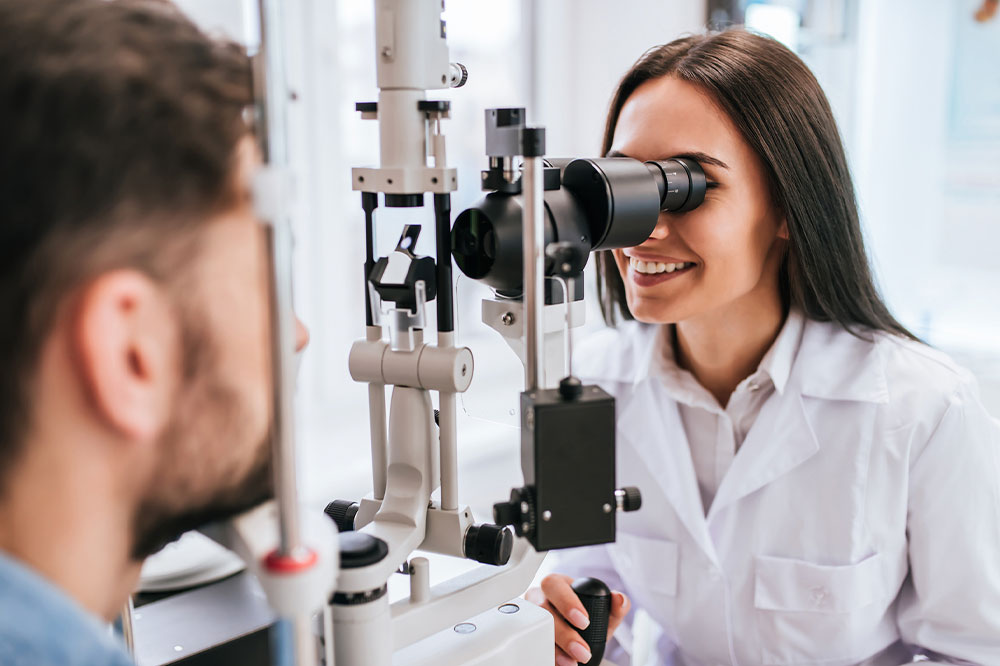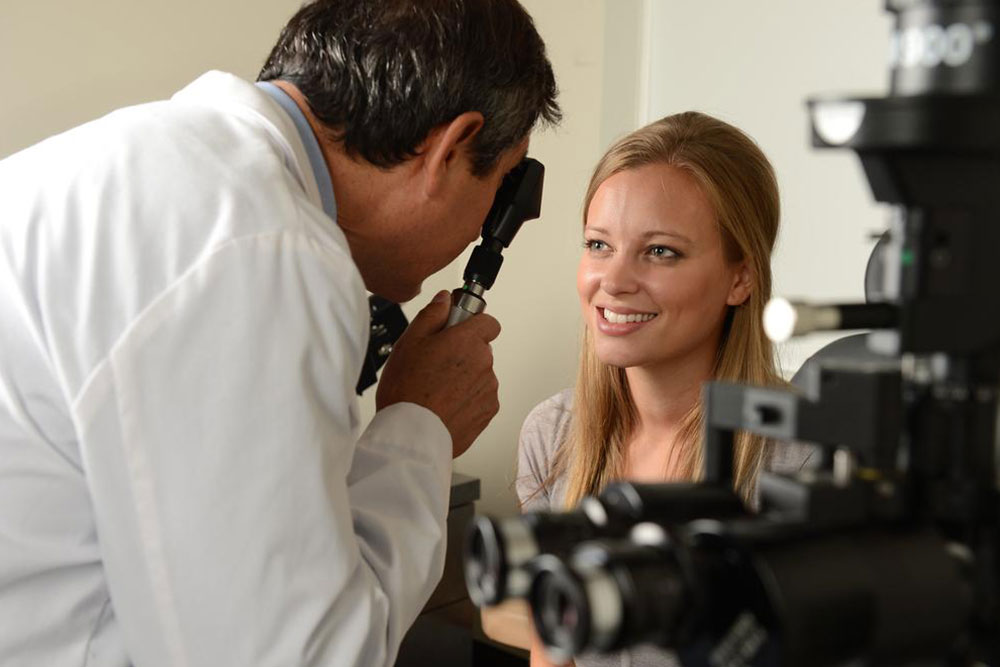Comprehensive Guide to Eye Care Specialists and Treatments
This comprehensive guide explains the roles of ophthalmologists, optometrists, and opticians, highlighting their services, when to see each specialist, and insights into LASIK eye surgery. It helps patients make informed decisions for optimal eye health and vision correction tailored to their needs.
Sponsored

Guide to Different Eye Care Professionals and Procedures
Facing an eye problem and unsure which specialist to see? Different eye care providers, including ophthalmologists, optometrists, and opticians, have specialized training for various eye conditions. These experts often collaborate to deliver optimal treatment options. Understanding their unique roles helps you choose the right professional for your needs. Whether it's surgical intervention, vision correction, or fitting lenses, knowing who to consult ensures quality care tailored to your condition.
Let’s compare these specialists to clarify their functions.
Ophthalmologist
They focus mainly on surgical eye treatments. After medical school, they undergo a one-year internship plus a three-year residency. Some pursue additional fellowships. Services include:
Comprehensive eye examinations and vision care
Treatment for conditions like glaucoma, iritis, and chemical burns
Surgical procedures such as correcting crossed eyes or managing trauma
Diagnosis and management of ocular manifestations of systemic diseases like diabetes
Cosmetic procedures including eyelid surgeries
If seeking specialized care for children, pediatric ophthalmologists address issues like uncorrected refractive errors, eye misalignment, and unequal vision between eyes. Early screening at age one is vital to prevent lifelong visual impairment. They also treat neonatal eye conditions like cataracts, conjunctivitis, and retinopathy of prematurity.
Optometrist
They primarily provide vision correction and primary eye care services. Certified through specialized programs, they perform:
Vision and eye health assessments
Prescriptions for glasses and contact lenses
Management of diabetic eye diseases
Monitoring glaucoma and dry eye issues
Low-vision rehabilitation
Optician
Specialists in fitting and dispensing eyeglasses and contact lenses, opticians do not perform eye examinations. They prepare and adapt lenses based on prescriptions from ophthalmologists. Responsibilities include:
Filling prescriptions
Assisting with lens choices
Ordering and verifying optical products
Specialized Cataract and Cornea Care are provided by cornea specialists, a subspecialty of ophthalmologists. They manage corneal diseases and perform procedures like LASIK and corneal transplants. LASIK, a laser-based surgery introduced in the 1980s, corrects refractive errors such as myopia, hyperopia, and astigmatism. Proper evaluation of corneal thickness, shape, and eye moisture levels is essential before surgery. Ideal LASIK candidates are adults over 18 without autoimmune diseases or pregnancy, and with healthy eyes. To find top eye doctors, seek recommendations, review qualifications, and read patient reviews. Choosing the right specialist ensures effective treatment and clear vision.






